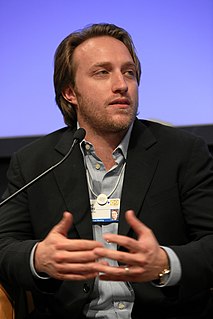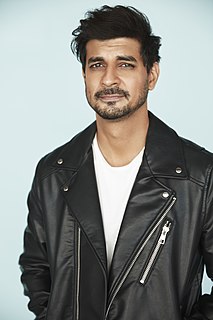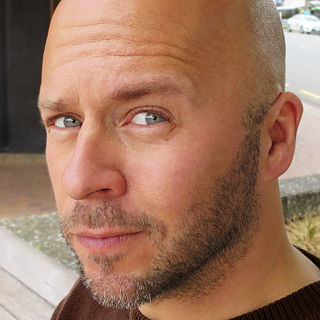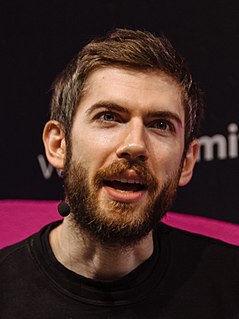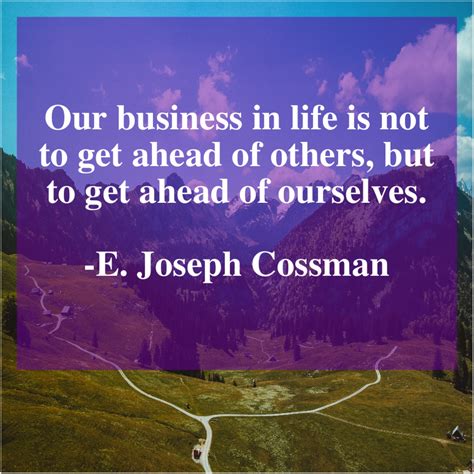A Quote by Chad Hurley
As you start building the product, don't assume that you know all the answers. Listen to the community and adapt. We had a lot of our own ideas about how the service would evolve. Coming from PayPal and eBay, we saw YouTube as a powerful way to add video to auctions, but we didn't see anyone using our product that way, so we didn't add features to support it.
Related Quotes
Customers don't know what they want. There's plenty of good psychology research that shows that people are not able to accurately predict how they would behave in the future. So asking them, 'Would you buy my product if it had these three features?' or 'How would you react if we changed our product this way?' is a waste of time. They don't know.
I grew up listening to an album start to finish, and you don't skip songs. You don't listen to a Paul Simon record and skip a song: you listen to it the same way you would eat a meal... the way the person who prepared that meal for you means for you to experience it. That's how you should do it before you add salt and pepper to it.
We all have original ideas. Even if we don't see ourselves as supercreative or as wild nonconformists, we have insights every day about how the world around us could be better. It might be a better way of running meetings in your office that would be less mind-numbing. It might be a little twist on a product or a service.
Steve Jobs gave a small private presentation about the iTunes Music Store to some independent record label people. My favorite line of the day was when people kept raising their hand saying, "Does it do [x]?", "Do you plan to add [y]?". Finally Jobs said, "Wait wait - put your hands down. Listen: I know you have a thousand ideas for all the cool features iTunes could have. So do we. But we don't want a thousand features. That would be ugly. Innovation is not about saying yes to everything. It's about saying NO to all but the most crucial features.
When the functionality of a product or service overshoots what customers can use, it changes the way companies have to compete. When the product isn't yet good enough, the way you compete is by making better products. In order to make better products, the architecture of the product has to be interdependent and proprietary in character.
If you think of the product as a service, then the separate parts make no sense - the point of a product is to offer great experiences to its owner, which means that it offers a service. And that experience, that service, comprises the totality of its parts: The whole is indeed made up of all of the parts. The real value of a product consists of far more than the product's components.
It's kind of like being a writer in the sense that you always hear other writers say, 'Well, the best way to start writing is to just start writing.' The same goes for improvisation. You want to start improvising, just start playing notes. And the more you do that, the more comfortable - or not comfortable - but I guess how you're able to adapt to situations. You become more familiar with your instrument. As soon as you have a musical thought, you can go ahead and add to that musical thought and know your way around.
